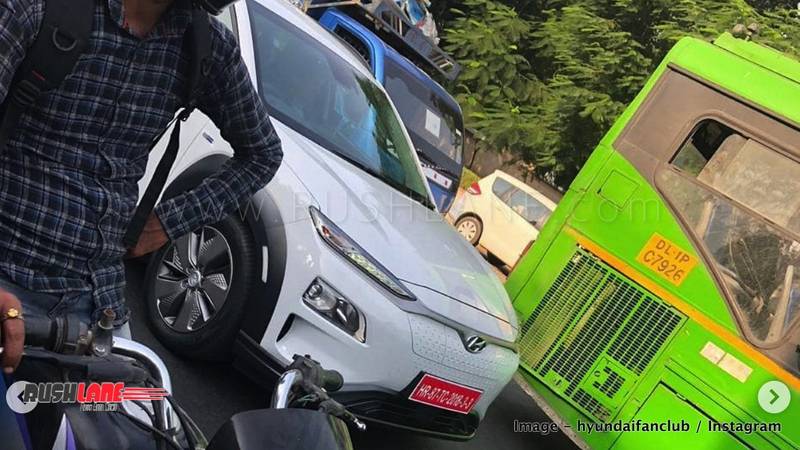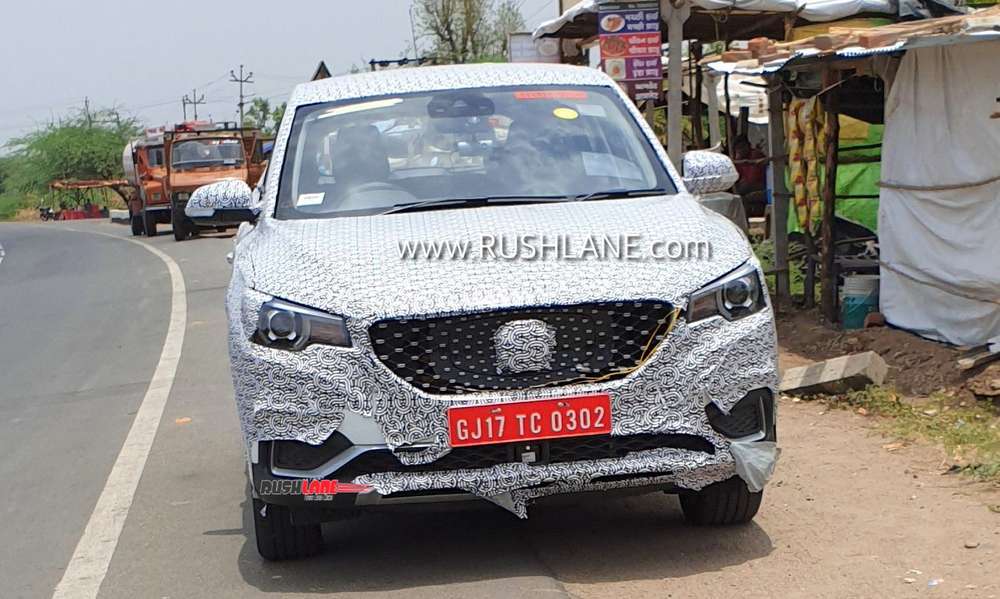
Indian auto industry is currently bracing for BSVI mandates from April 1, 2019. At the same time, groundwork is being laid to enforce electrification as part of the future of mobility.
Faster Adoption and Manufacturing of Electric Vehicles (FAME India) scheme is being fine tuned to streamline its Phase II approach. Focus is on supporting electrification of public and shared transportation. That’s the short-term 3-year approach.
To begin with, subsidies will benefit 7,000 e-buses, five lakh e-three-wheelers, 55,000 e-four-wheeler passenger cars and 10 lakh e-two-wheelers.

The move would make new-cleaner tech more affordable for customers, while being environment-friendly in essence. With a corpus of Rs 10,000 crore, emphasis is being laid on creating a charging infrastructure in select cities, and along major highways.
Five automobile manufacturers have registered to avail benefits. FAME I came into being on April 1, 2015, and supported 2.78 lakh electric and hybrid vehicles (xEVs). It cost the governing body Rs 343 crore.
FAME functions under the aegis of National Electric Mobility Mission Plan (NEMMP) 2020. While government involvement is rampant in electrification of public transport, it’s electric two-wheeler manufacturers that have boomed by the dozen. In fact, the disruption might even result in hurried implementation that may not be sustainable for small scale electric two-wheeler manufacturers. Unless, they are well supported and work under established guidelines.
In a trend that’s not all too new, tech companies are now venturing into the future of mobility, the electric two-wheeler space. And as R&D, testing, and certification can take years to come to fruition, a tested method now is to rely on Chinese imports. This is akin to how electric rickshaws became a thing in India, a few years earlier.
In the meantime, traditional two-wheeler manufacturers are still tight-lipped about their electric bike plans.
Tata and Mahindra already have a line-up of electric vehicles that they’re first required to supply to the government. Last week, Tata began supplying to a tour/taxi fleet.
As MG Motor India prepares to launch the EZS, the company is setting up 50 KW DC fast-charging EV stations in association with Fortum Charge & Drive India. The 5-seater MG EZS electric SUV will launch in 2019. Fortum will install 50 KW CCS/CHAdeMO DC fast charging stations at MG showrooms in Delhi NCR, Hyderabad, Mumbai, Bengaluru and Ahmedabad by September 2019.
Next week, July 9, 2019, Hyundai Kona electric SUV is being launched.

